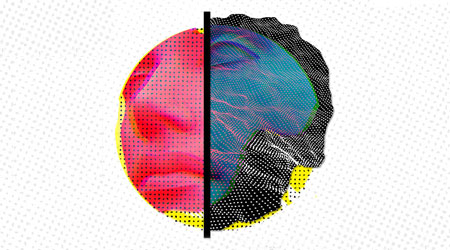Assistant professor of the Department of Audio and Visual Arts Angeliki Malakasioti has received the Amps-Intellect Mediated Cities Award for her research video 'Video Game Environments and Depression'. The video was initially composed and presented as part of the AMPS (Architecture Media Politics Society) Mediated City Conference organized by the University of the West of England and Intellect Books in 2018 on the theme 'Health: The Design, Planning and Politics of How and Where We Live', while an accompanying article of the project in collaboration with emeritus professor Fani Vavili and titled "Video Game Environments and Depression - Healing Aspects of Contemporary Digital Spaces" has been published in the proceedings of the AMPS Proceedings Series 11 conference.
Related Links
https://amps-research.com/awards/
https://amps-research.com/proceedings/
Abstract
The study explores the way in which contemporary video game environments deal with the depressive condition and the design aspects that are employed in order to develop digital and interactive spaces capable of affecting their users on an emotional level. Widespread digital culture, and especially the prevailing phenomenon of video games, is developing today at such a speed that it can be regarded as a modern type of epidemic. Especially, the new generation is fully familiar with modern technologies as well as with the “habitation” of the digital-analog reality. In particular, the number of players worldwide has exceeded 1.8 billion since 2016. At the same moment, this observation is juxtaposed with the phenomenon of depression, one of the most widespread psychological conditions of the contemporary world. Depression can both be regarded as a clinical state as well as a deeply intimate and melancholic mood or state of being. According to the latest data from the World Health Organization, depression appears to be a silent scourge of the modern age, surpassing 350 million people, according to recent measurements. Interestingly, many studies show the extent of this disorder, referring to it as one of the most common mental disorders in the western world, and estimating that by 2020, depression will be the second disability factor worldwide, after heart disease. Early research observations described videogames as capable of provoking a depressive condition. However, recent multidisciplinary studies claim that according to recordings of brain activity in both players and depressed people, video games do not appear as the cause, but as the neurological counterpart of depression. In this context, the study will discuss cases of videogame design and the spaces they represent in order to provoke healing, or encourage a deeper understanding of an intimate human condition through alternative approaches of the ways people experience and inhabit digital environments.











